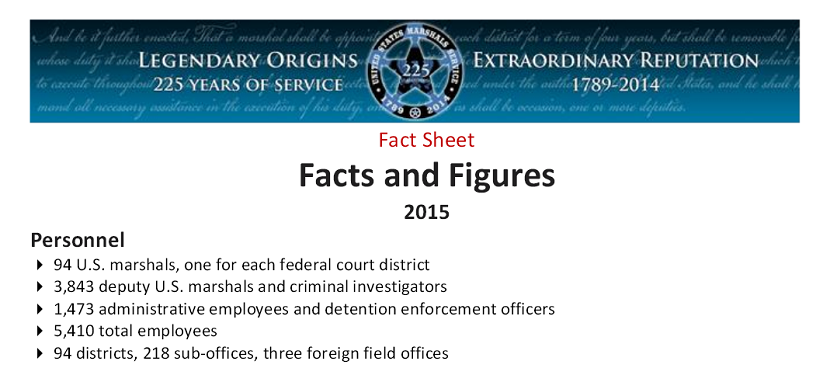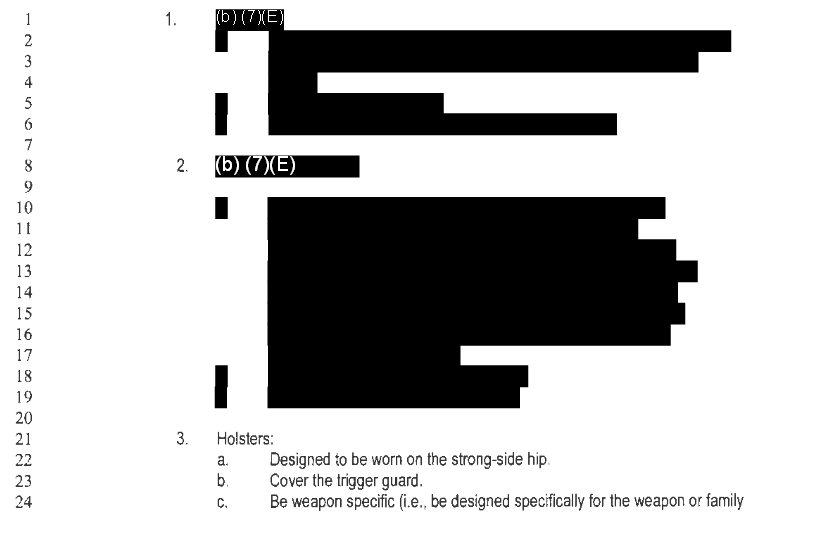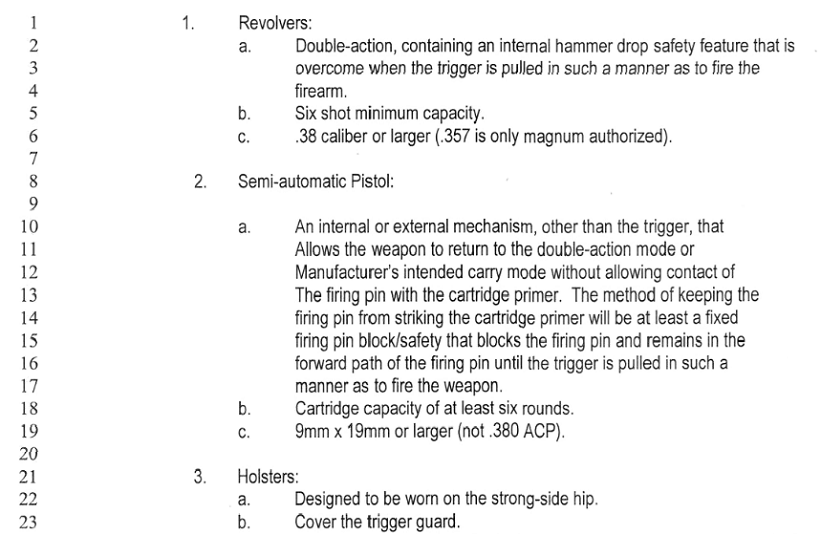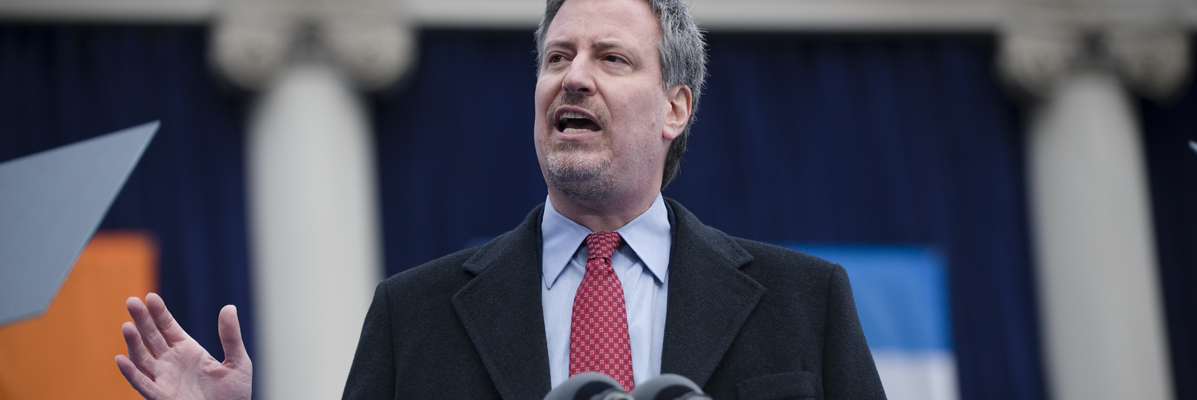New York Mayor Bill De Blasio has been a critic of New York City’s prison facilities for years. In 2011, de Blasio joined a group of Queens officials to oppose the operation of the Queens Detention Facility by GEO Group - one of the biggest for-profit correctional corporations in the world - on behalf of the U.S. Marshals Service. At the time, de Blasio served as New York City’s Public Advocate, the on-deck official to succeed the Mayor and “a direct link between the electorate and city government.”
Queens Detention Facility is nestled, warehouse-like, among a knot of industrial-type freight companies just barely a highway width away from the John F. Kennedy Airport. Its primary purpose is to hold pre-deportation detainees for the USMS, which assumed its current contractual relationship after Geo Group’s previous agreement with Immigration and Customs Enforcement came to an end in 2005.
As long as there has been a federal criminal justice system, there have been the U.S. Marshals. Established in 1789 with the Judiciary Act, the Marshals are basically the sheriffs of the federal government, and they’re tasked with fulfilling similar duties for the federal government: catching wanted persons, protecting the judiciary and at-risk witnesses, transporting criminals. For over 200 years the Marshals have needed to arrest people and then put them somewhere, and with the rise of for-profit facilities, that somewhere is increasingly under someone else’s custody. In 2014, there were approximately 55,330 in USMS custody each day. Of those, about a fifth were held in 15 contracted private facilities.

The Bill de Blasio of 2011 didn’t have a good feeling about the federal government’s use of private prisons. In 2011, the group sent a letter to U.S. Attorney General Eric Holder, seeking an investigation of the facility after city representatives had received word of hunger strikes, beatings and general discomfort with the facility’s place in the neighborhood. The de Blasio of then was highly skeptical of the facility and its shroud of secrecy.
“At a certain point, how do you let this continue? And why the silence from our government and why is Geo Group not giving us answers?” Public Advocate de Blasio said in a statement. “It makes me think they have something to hide.”
Of course, it’s hard to know just what you don’t know, and a good first step is to ask someone who might.
MuckRock recently received the USMS contract with GEO Group for operations at Queens Detention Facility, which holds just over 200 people. Unlike other agencies that have provided contracts thus far, the Marshals took the opportunity to redact the per diem rate for prisoners held at the institution, as well as the criteria for the guns to be used.

Similar to our earlier request with the USMS concerning their use of Stingrays, a partial copy of the contract they gave us was available online, sans several notable redactions.


The contract points to a whole collection of required material that the facility and the company must provide to the federal government as part of the terms of the agreement. MuckRock has gone ahead and requested all of it.

The Marshals contract suggests that the federal government is a bit more savvy when dealing with prison corporations, as one would hope. For example, the company’s contractual ability to refuse or return inmates, as seen in CCA’s template contract to counties or GEO Group’s Florida transfer agreements, is no where to be found. In fact, the government makes it clear that the company doesn’t have that right at all.

“Government should not be in business with any company that seeks to profit off of the mistreatment of human beings,” Public Advocate Bill de Blasio said. In November, de Blasio the Mayor (who just this month announced a plan for reform at the Rikers Island prison complex) signed a law to limit cooperation with federal agencies in immigration enforcement activities that don’t concern public safety. Still, federal support of the private prison industry continues to provide corporations with the financial means to expand operations at the county, state, and global levels with limited oversight; at the very least, one would hope that the USMS will grant access to the documented due diligence that is available for Queens Detention Facility and facilities like it across the country.
Read the contract on the request page or embedded below, and if you have any questions or comments, let us know at info@muckrock.com.
Image by William Alatriste via Wikimedia Commons and is licensed under CC BY-SA 2.0




